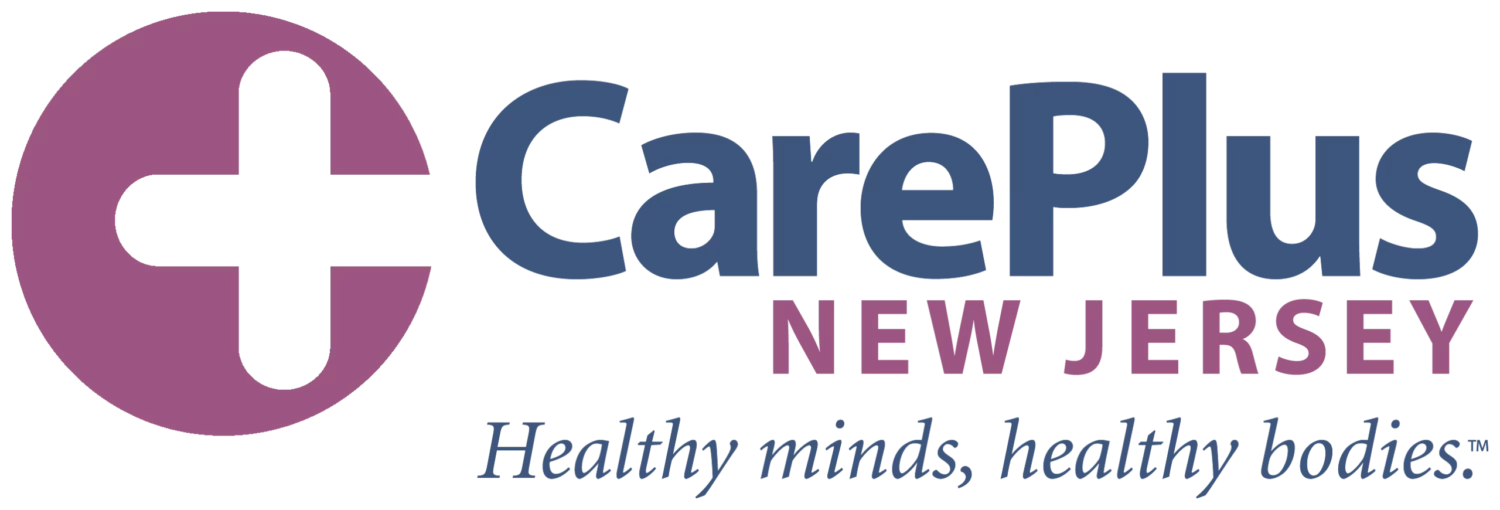New Jersey is no stranger to the opioid epidemic that has been plaguing families all over the country. Over the past several years, confirmed drug overdose fatalities in the state have steadily gone up — particularly those caused by opioids.
The New Jersey Department of Human Services recorded a total of 2,849 drug overdose deaths in 2020, with the majority of cases confirmed to be due to opioids such as heroin, fentanyl, oxycodone, and methadone. Compared to the 2020 numbers, New Jersey drug overdose deaths in 2015 only reached 1,587, with most of the confirmed deaths attributed to heroin rather than opioid-type drugs.
All of this highlights the need for greater access to substance abuse treatment or drug and alcohol treatment. Thankfully, there have also been positive changes on that front.
SAMHSA – Substance Abuse and Behavioral Health Services Administration
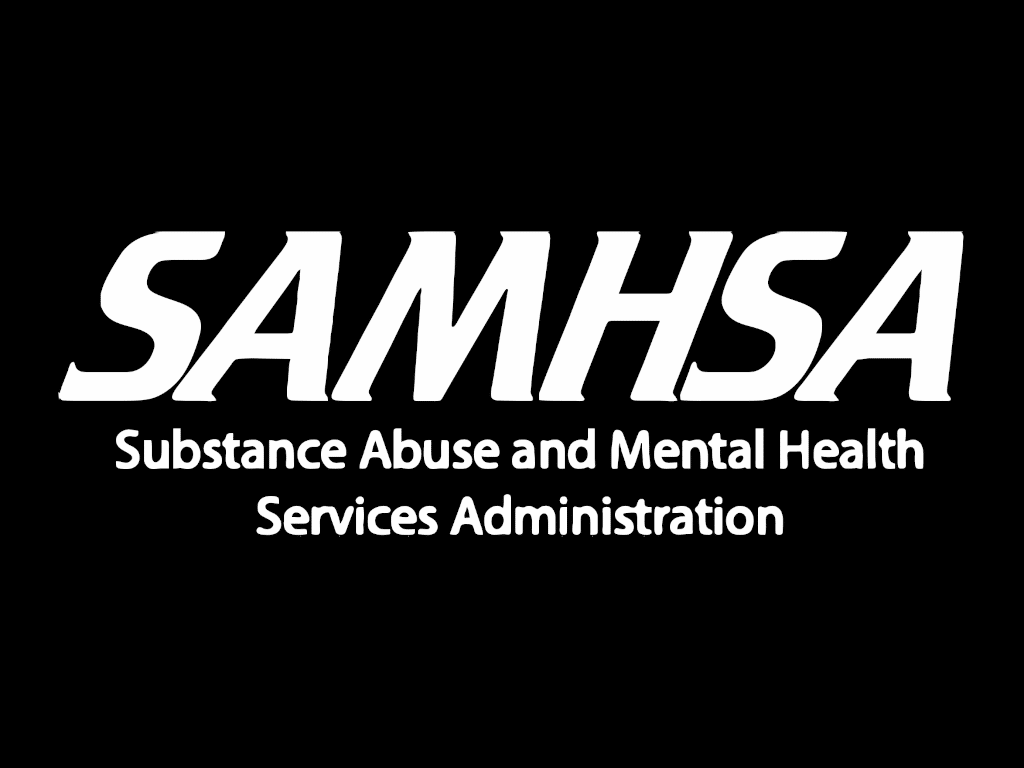
According to the Substance Abuse and Behavioral Health Services Administration, the number of people enrolled in opioid treatment programs who are receiving methadone and buprenorphine treatment have gone up from a combined total of around 14,200 to approximately 17,400.
Care Plus NJ is a non-profit treatment provider in New Jersey that helps individuals recover from Behavioral Health and substance misuse.
If you are struggling with opioid addiction or withdrawal, Care Plus NJ offers a variety of addiction recovery specialized programs and support groups as a private and convenient solution to help you regain your former self and rebuild a happy and healthy life.
Call us today to learn more about our addiction recovery services and treatment options.
Drug and Alcohol Treatment Centers in New Jersey
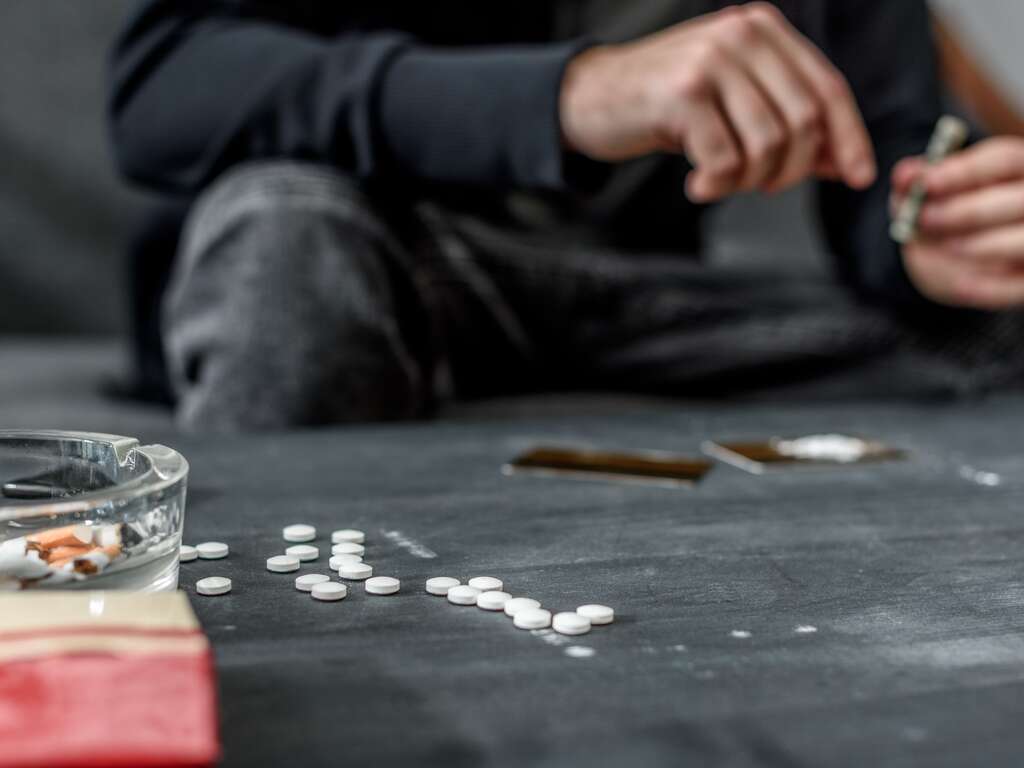
In order to help combat the U.S. opioid epidemic, there are hundreds of private and non-profit alcohol and drug rehab centers in the Garden State that provide much-needed treatment.
As of 2020, there are over 400 rehab centers in New Jersey — all of whom are working to better serve the population and provide high-quality addiction treatment services. These rehab centers treat over 38,000 people who are struggling with drug abuse, alcohol addiction, and other forms of substance use disorder.
Atlantic County and Bergen County New Jersey
In 2021, Atlantic County recorded the highest admission rates for substance use treatments, with 2,704 admissions per 100,000 residents. This was up from 2,457 in 2020.
Meanwhile, addiction centers and detox facilities in Bergen County have had the lowest substance use admission treatment rates for the last three consecutive years.
New Jersey Rehab Centers: Heroin is the Most Common Drug
Although most overdose deaths in 2020 were caused by opiates, heroin is still the most common reason behind substance use treatment admissions in the state. Most New Jersey rehab centers are well-equipped to treat any form of alcohol or drug addiction and abuse.
However, there are also rehab centers that serve specific demographics, such as alcohol rehab centers or heroin recovery centers, or only offer certain levels of care.
Levels of Care for Addiction Treatment in New Jersey
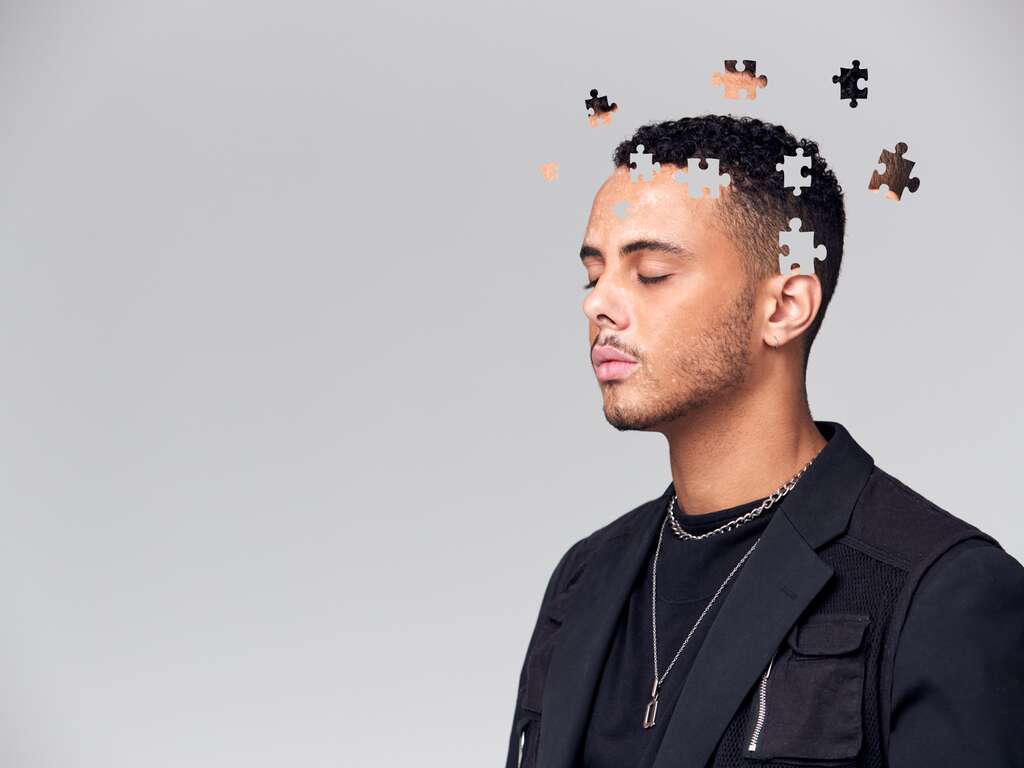
Just like how there’s no one-size-fits-all approach to healthcare as a whole, there is also no such thing when it comes to an alcohol treatment facility or drug treatment center. What might work for one person is not guaranteed to be what another person needs.
This is why rehab centers in New Jersey and other states offer personalized treatment programs and a continuum or varying levels of care.
The levels of care for an addiction treatment treatment center can also be referred to as the different phases of treatment. However, it is not always a necessary part of successful treatment plans for a patient to go through all five levels to be successful.
The Continuum of Care
The continuum of care offers treatment options that help healthcare providers determine the appropriate level of care that clients need based on their current Behavioral Health condition. The different levels mainly indicate the intensity of the treatment services provided.
A treatment provider can specialize in one or two levels of care. In the case of Care Plus NJ, we specialize in opiate withdrawal management and outpatient addiction services. If a person requires an inpatient drug detox with more intensive treatment than our facility offers, they are assessed and then referred to another treatment center that can meet their needs.
There are five levels in the continuum of care for substance abuse treatment as established by the American Society of Addiction Medicine.
1. Early Intervention Services
This level of care focuses on helping individuals who have yet to develop any abuse or addiction but are considered to be at high risk. This includes people who may be misusing alcohol or are starting to become dependent on prescription drugs. Treatment at this level includes providing necessary resources and counseling to reduce their risk for addiction.
Here at Care Plus NJ, we offer an eight-week early intervention program with the aim of helping young adults and adolescents understand the dangers of underage drinking and drug use.
2. Outpatient Addiction Centers
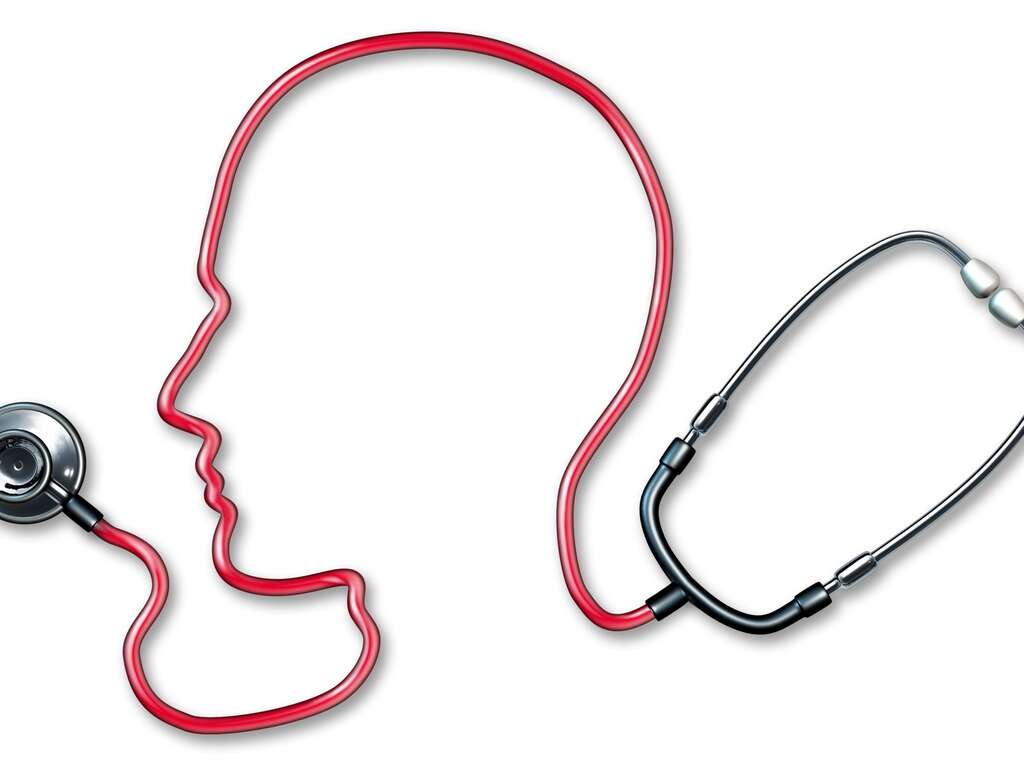
Outpatient treatment is considered as the first level of care, with early intervention recognized as the 0.5 level of care.
This level of treatment refers to non-residential addiction treatment. Individuals enroll in the treatment program, but at the end of each session, they can return to their own homes, as well as continue going to work or school.
They only need to visit the facility or online sessions to receive treatment. A treatment center or program may offer weekend and evening sessions to accommodate working or studying clients.
Outpatient rehab usually involves around six to nine hours of treatment, depending on the age and needs of the client. Programs and services provided may include:
- Medication assisted treatment
- Individual therapy
- Group therapy
- Family therapy
- Art therapy
- Drug and alcohol education
- Support groups
- Relapse prevention
- Holistic treatments
- Motivational enhancement therapy
- Off-site 12-step meetings
3. Intensive Outpatient Treatment
The first part of an intensive program done as an outpatient is largely similar to regular addiction services as outpatient programs. The main difference is the required hours of sessions per week. Instead of six to nine hours a week being the maximum, it is now the weekly minimum hours. Intensive outpatient rehab programs also usually have a minimum duration of 90 days with a step down process included to less hours at the rehab center.
At Care Plus NJ, our intensive outpatient program (IOP) is designed to support not only individuals struggling with drugs or alcohol but also those who have developed Behavioral Health issues. This is referred to as treating co-occurring disorders.
Clients enrolled in our IOP program attend meetings three to four times a week. Our programs include the following treatment services:
- Individual therapy
- Group therapy
- Family counseling
- Relapse prevention
- Care coordination with an alcohol counselor
- Medication assisted treatment or monitoring service
Therapeutic and Support Services and Evidence Based Therapies
We also offer other therapeutic and support services based on evidence based therapies to further guide clients on their recovery journey. These services include psychiatric evaluations, Behavioral Health services, and recovery support services.
The second part of this level of care focuses more on partial hospitalization. It is meant to provide treatment for individuals who require 20 or more hours of care per week.
4. Inpatient Treatment
Addiction Centers offering inpatient or residential treatment programs have individuals check-in at a the treatment facility and live in the residential programs housing for the duration of their recovery. This ensures that clients receive 24-hour supervision or care.
There are four levels of care within drug rehabs that offer inpatient treatment, ranging from low-intensity programs with residential settings to high-intensity or medically monitored drug detox care services. Throughout the person’s stay, they take part in similar therapy and support services offered for outpatient treatment.
A drug rehabs program lengths may vary, depending on the rehab center or alcohol rehab facility, as well as each person’s needs and treatment options. In general, inpatient treatment programs can range from 30 days up to 90 days.
5. Medically Managed Intensive Inpatient Treatment
The fourth level in the continuum of care for addiction treatment typically involves intensive nursing and physician care at hospitals and other medical institutions. Clients receive 24-hour medical care, medication assisted treatment, and counseling.
This level focuses on helping individuals who require detoxification or withdrawal management assistance. It is also recommended for people who require treatment for other cognitive conditions or behavioral and emotional issues.
Addiction Centers and Treatment Options at Care Plus New Jersey
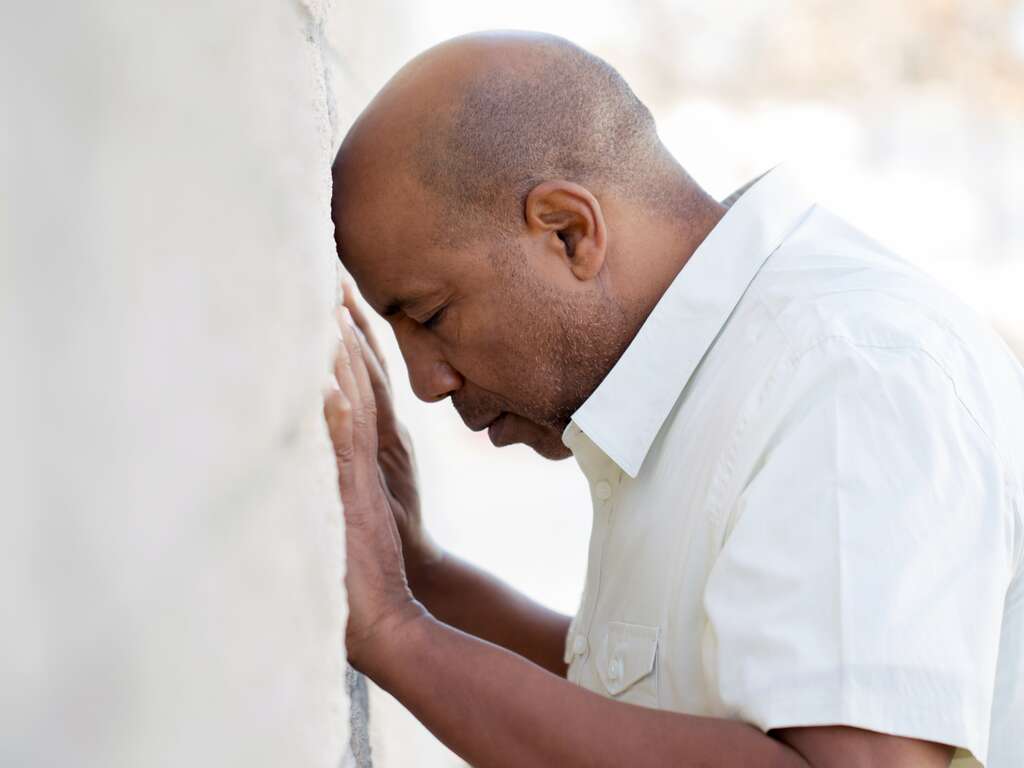
The addiction treatment centers in New Jersey generally offer similar services, just with different personal touches. Regardless of whether the rehab centers are in rural towns or central cities, below are some of the common Behavioral Health services and drug and alcohol programs in New Jersey — all of which we offer here at Care Plus NJ.
Addiction Detox and Treatment
Supervised addiction detox and treatment is often the first part of treatment and recovery. It is usually offered in conjunction with withdrawal management to ensure patients no longer have any opiates or other addictive substances in their system before starting the next stage of treatment.
Although Care Plus NJ specializes in outpatient services, we also offer outpatient addiction detox. Our outpatient detox is a new service we offer as part of our opioid treatments to ensure a seamless access to care and a successful recovery.
Withdrawal Management
Ambulatory withdrawal management and medication assisted treatment (MAT) during withdrawal are the gold standard when it comes to treating opioid addiction. For opiate-related MAT, we offer naltrexone, Vivitrol, Sublocade, and Suboxone/buprenorphine.
Dual Diagnosis Treatment
Many people who have had substance abuse and drug addiction for a prolonged period develop co-occurring Behavioral Health or behavioral conditions. Examples of such conditions are bipolar disorder, depression, attention-deficit hyperactivity disorder (ADHD), anger management and post-severe psychological distresstic stress disorder (PTSD).
Dual diagnosis treatment provides these individuals with an integrated treatment plan designed to address both their addiction problems and co-occurring disorder at the same time.
The team of healthcare providers at Care Plus NJ are also trained to provide dual diagnosis treatment.
We offer counseling, behavioral therapy, and other Behavioral Health services to better aid in our clients’ recovery process.
Financial Barriers To Receiving Addiction Treatment
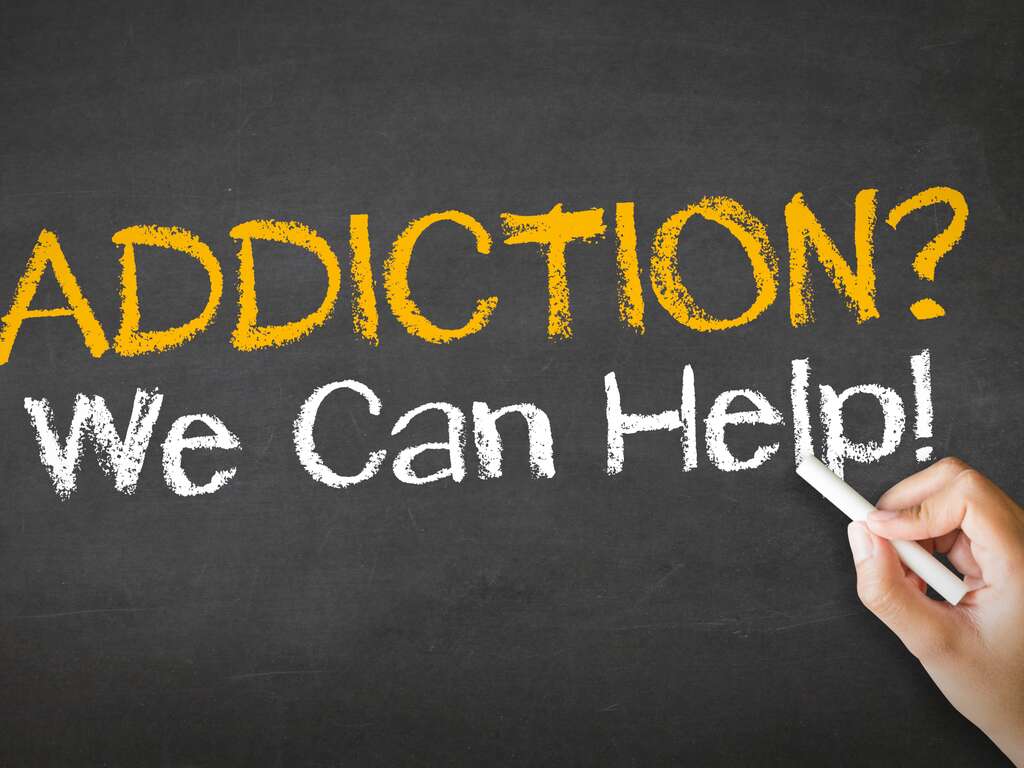
There’s no denying that alcohol and drug addiction can take its toll on our physical, mental, and emotional health. Beyond the damage it causes on ourselves and our relationships with the people around us, drug and alcohol addiction can also take its toll on our finances.
Continued use and abuse of illicit substances means the costs add up over time. Once you decide to turn over a new leaf, the cost of receiving addiction treatment, even outpatient ones, can potentially become a obstacle to receiving much needed help.
Care Plus New Jersey – We Never Refuse Service Due to Inability to Pay
We ensure that our clients have a multitude of payment options to ensure their access to care.
At Care Plus NJ, we remove potential obstacles that are in the way of receiving needed treatment due to costs by never refusing service to someone who does not have the ability to pay.
If you have a private insurance provider, they are most likely on our our pre contracted panels with most insurance providers.
Average Cost of Addiction Centers in the U.S.

There’s no denying that addiction treatment is not cheap — especially in our current economy. The average costs for specific levels of care and treatment programs vary. However, each one has gone up significantly over the past 15 years due to inflation.
Statistics show that treatment costs an average of $13,475 per person in drug rehab centers across the nation. Even the most economical medical detoxification services and programs can cost an average of $1,750 per person.
Meanwhile, some addiction centers charge almost $5,000 per individual for a three-month outpatient treatment program. The adjusted average episode costs of intensive outpatient treatment in the U.S. is now at $4,939, compared to $3,582 in 2006. The cost of adolescent outpatient services went up from $2,377 to $3,278 during the same period.
Average Cost of Rehabs in New Jersey
The price of treatment charged by rehab centers in New Jersey varies depending on the level of care required, the length of stay, and the facility itself. Overall though, New Jersey is somewhere in the middle of the pack for average costs of services. It ranks 15th in terms of affordability of residential drug rehab or inpatient treatment in non-hospital addiction centers.
A treatment facility in the Garden State charges an average of $1,701 for individual outpatient treatment in dedicated rehab centers. Meanwhile, residential or inpatient treatment can cost up to around $56,570 per person in New Jersey.
Care Plus NJ is dedicated to never leaving anyone on the curb
All this is why Care Plus NJ is dedicated to never leaving anyone on the curb. We pride ourselves in ensuring no person is turned away for their inability to pay — especially when their life may be on the line.
Does Insurance Cover Rehabs in New Jersey?
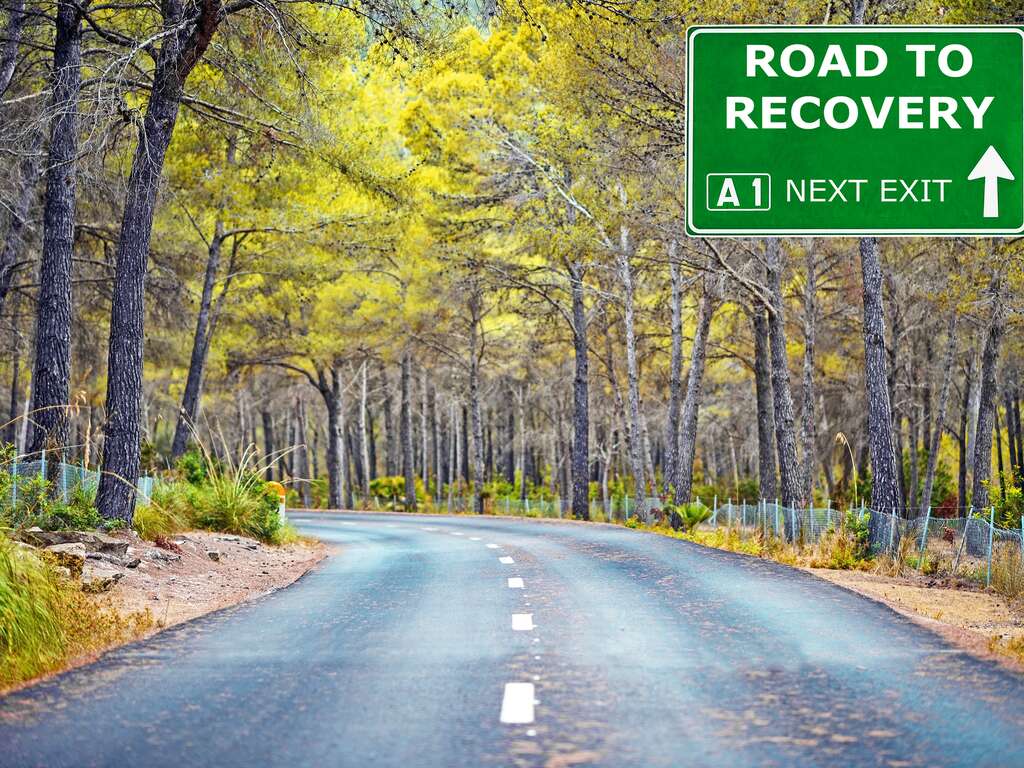
Due to the cost of treatment, private pay is not always an option. Thankfully, most insurance policies cover addiction treatment. At the same time, more than half of rehab facilities in New Jersey accept not only private but also state-funded health insurance.
Over 65% of addiction treatment centers in New Jersey readily accept various private health insurance coverage. A treatment center usually works with several insurance providers — both big and small — to better accommodate clients.
State-funded health insurance is accepted at over 33% of rehab centers. This includes the approximately 60% of New Jersey rehab facilities that accept Medicaid. Medicare is also generally accepted as a payment option, though only for less than a quarter of New Jersey treatment centers.
Care Plus in New Jersey accepts medicaid.
Can I Enter a Rehab Program Without Insurance?
Health insurance, whether federal or private, helps make the cost of drug or substance abuse treatment rehab more bearable. However, it is still possible to enroll in a rehab program with no insurance coverage.
For individuals without insurance, there are federal and state-funded options available to help make rehab costs more affordable. The U.S. spends approximately $133.9 million on residential treatment (inpatient) and around $60.29 million on outpatient rehabs in New Jersey.
The state of New Jersey has 13 active, non-hospital substance abuse facilities or drug rehab centers that offer free substance abuse treatment.
Addiction Treatment Services at Care Plus NJ

If you or a loved one is suffering from the effects of opioid addiction and struggling to recover your old life, understand that help is always available — especially in New Jersey.
Care Plus NJ offers high-quality opiate treatment and rehab programs for adults. With our outpatient and IOP programs, you won’t have to sacrifice your livelihood to receive the care and treatment you need.
Whether you are just starting out on your recovery journey or looking for a new partner to ensure you finish it successfully, Care Plus NJ is here to help.

CarePlus NJ, INC. is dedicated to excellence in Behavioral Healthcare and has a commitment to life-long support needed by individuals and their families to ensure that they achieve their full potential and improve the quality of their lives.

